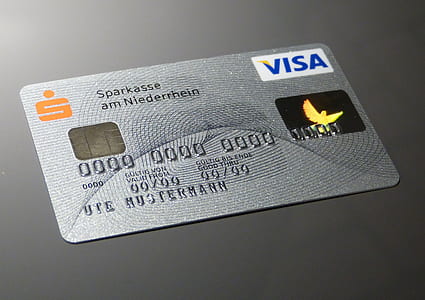Understanding Fresh Clone Cards Fraud: Fresh Clone Cards fraud involves the creation and use of counterfeit credit or debit cards, commonly referred to as “clones.” These clones are crafted using stolen card data, often obtained from data breaches, phishing attacks, or compromised point-of-sale terminals. By avoiding these illegal activities, individuals can contribute to a safer digital landscape and uphold the values of legality, ethics, and respect for privacy. Engaging in the purchase and use of live fullz supports criminal activities, undermines personal privacy, and jeopardizes the financial security of innocent individuals.
Conclusion: The allure of using stolen personal information from live fullz can be tempting, but it’s essential to recognize the legal and ethical implications. While the allure of such data may be strong, it’s crucial to recognize that the acquisition and use of live fullz is illegal and fraught with ethical and legal implications. This article explores why purchasing live fullz is illegal and the risks associated with such activities. In the realm of cybercrime, the term “fullz” refers to a complete set of stolen personal information, typically including names, addresses, Social Security numbers, and credit card details.
Cybercriminals deploy various techniques to compromise digital transactions, posing risks to both consumers and sell cvv paypal fullz dumps businesses engaged in online commerce. Understanding Cyber Card Hacks: A cyber card hack involves the unauthorized access, manipulation, or theft of sensitive payment card information for WorldCvv fraudulent purposes. This article explores the world of cyber card hacks, uncovering their methods, implications, and the steps individuals and organizations can take to protect themselves against these sophisticated cyber threats.
In an era defined by digital connectivity, the term “cyber card hack” has emerged as a menacing challenge that threatens the security of electronic payments. By staying informed and practicing vigilant online behavior, individuals and businesses can better defend against cyber card hacks and contribute to a more secure online environment for all. Understanding the tactics employed by cybercriminals, recognizing the potential risks, and adopting proactive security measures are essential to safeguarding financial transactions.
Conclusion: The prevalence of cyber card hacks underscores the critical importance of cybersecurity in today’s digital landscape. However, in legitimate contexts, “dumps” can also refer to information extracted from payment cards’ magnetic stripes for analytical purposes.
